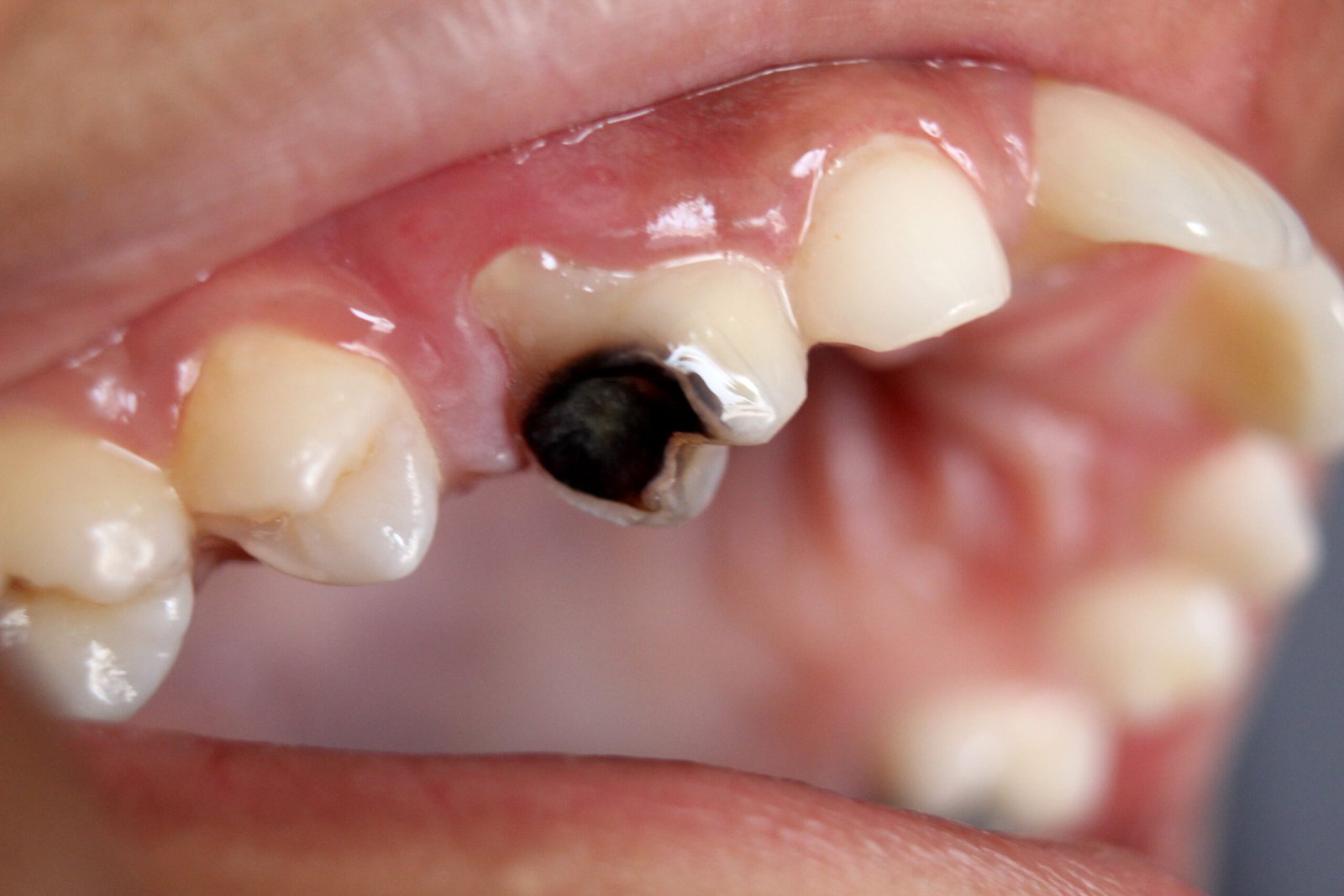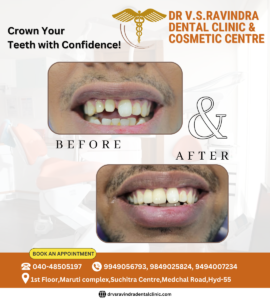Understanding Dental Caries: Causes, Prevention, and Theory
Introduction
Dental caries, commonly known as tooth decay or cavities, remains one of the most prevalent oral health issues worldwide. Despite advancements in dental care, it continues to affect individuals of all ages, leading to discomfort, pain, and potential complications if left untreated. In this comprehensive guide, we delve into the causes, prevention strategies, and underlying theories surrounding dental caries to equip you with essential knowledge for maintaining optimal oral health.
Causes of Dental Caries
Consumption of Sugars and Starchy Foods
The primary culprit behind dental caries is the frequent consumption of sugars and starchy foods. When carbohydrates from these foods are not adequately removed from the teeth through proper oral hygiene practices, they serve as fuel for bacteria present in the mouth.
Improper Teeth Brushing
Inadequate brushing and flossing allow for the accumulation of food particles and plaque on the tooth surface. This leads to the formation of microcolonies where bacteria, particularly Streptococcus mutans and Lactobacillus, thrive. These bacteria metabolize carbohydrates, producing organic acids that erode the enamel, the protective outer layer of the teeth.
Prevention Strategies
Maintain Good Oral Hygiene
Regular oral hygiene practices are crucial for preventing dental caries. Brushing at least twice a day with fluoride toothpaste helps remove plaque and food debris, reducing the risk of bacterial growth. Additionally, flossing and using mouthwash can reach areas that brushing alone may miss.
Rinse After Every Meal
Rinsing the mouth with water after meals helps wash away food particles and residual sugars, minimizing the availability of carbohydrates for bacterial fermentation. This simple practice can significantly reduce the risk of tooth decay, especially when brushing is not immediately possible.
Increase Fiber-Rich Diet
Incorporating fiber-rich foods such as fruits, vegetables, and whole grains into your diet can benefit oral health. These foods stimulate saliva production, which helps neutralize acids in the mouth and remineralize tooth enamel. Furthermore, chewing fibrous foods can mechanically cleanse the teeth, reducing plaque buildup.
Use Fluorinated Toothpaste
Fluoride is a mineral that strengthens tooth enamel and makes it more resistant to acid attacks. Using fluoridated toothpaste provides added protection against dental caries by promoting remineralization and inhibiting the growth of cavity-causing bacteria. Look for toothpaste brands recommended by dental professionals for optimal fluoride delivery.
Theoretical Framework: Miller’s Acidogenic Theory
Miller’s acidogenic theory provides insights into the biochemical processes underlying dental caries formation. According to this theory, bacteria in the oral cavity ferment carbohydrates from the diet, producing organic acids such as butyric, propionic, and lactic acids. These acids lower the pH of the dental plaque, creating an acidic environment that demineralizes enamel and initiates the decay process.
Conclusion
Understanding the causes, prevention strategies, and theoretical foundations of dental caries is essential for maintaining optimal oral health. By adopting good oral hygiene practices, making dietary modifications, and leveraging fluoride-based dental products, individuals can significantly reduce their risk of developing cavities and associated complications. Remember, prevention is key to preserving your smile for years to come.




